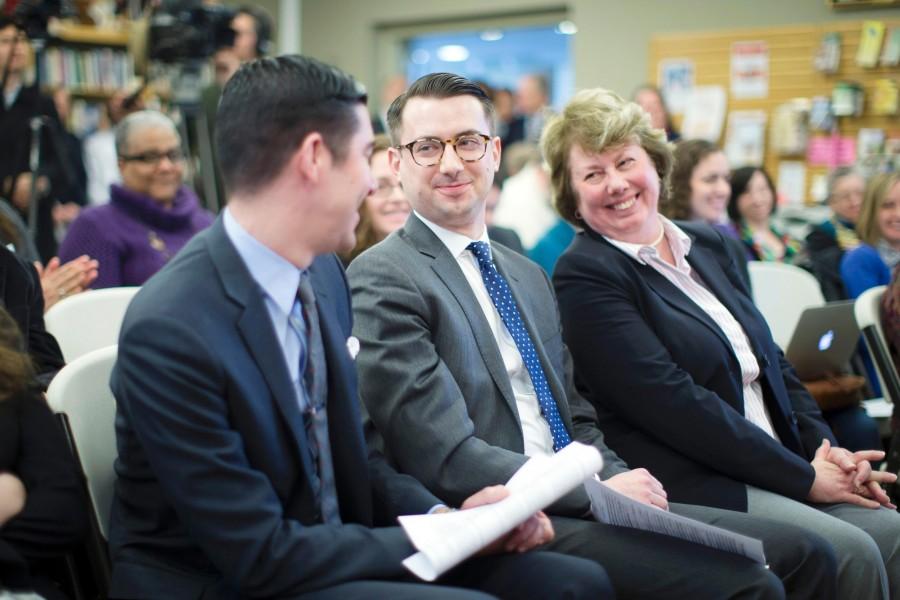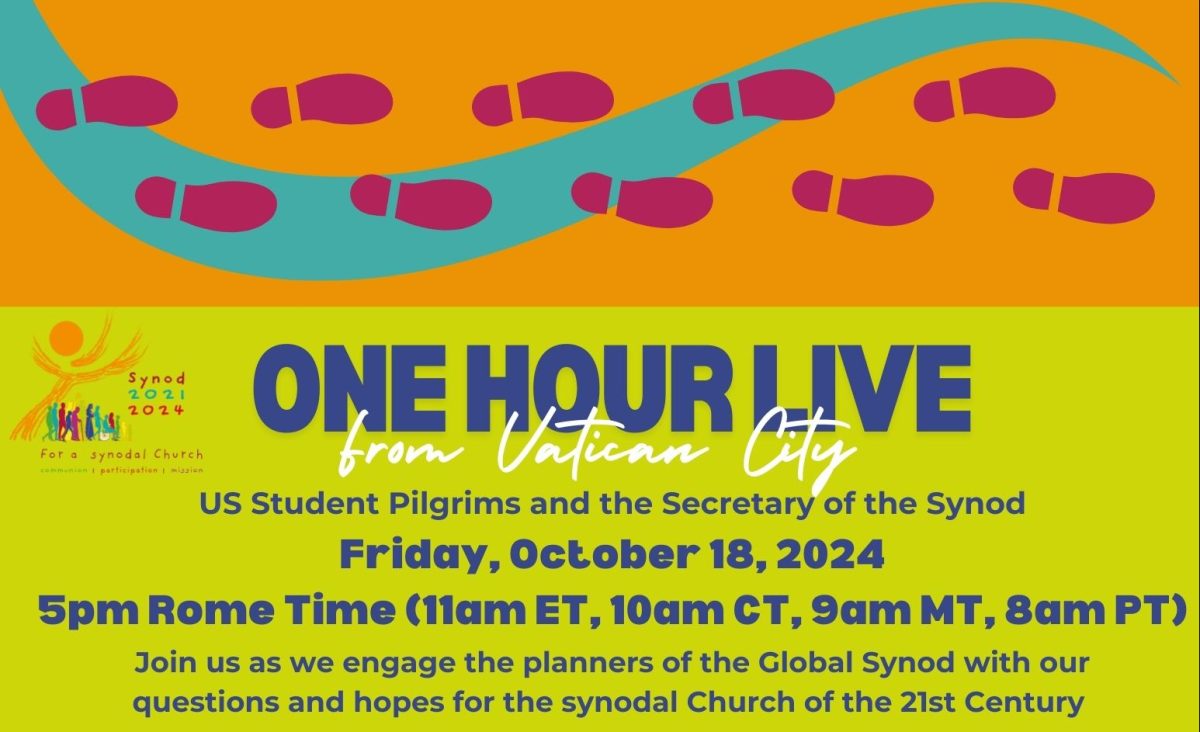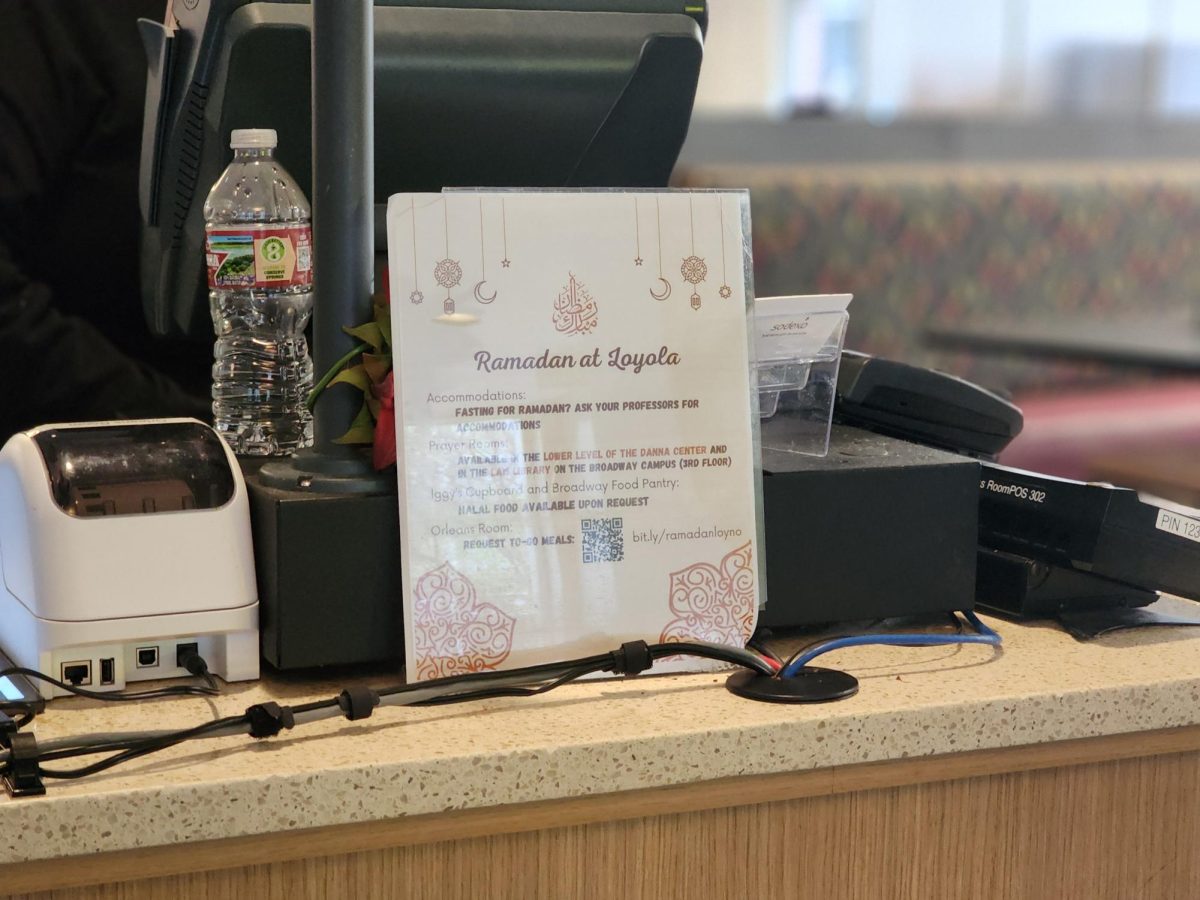The New Orleans Wesley Foundation has joined the Reconciling Ministries Network, joining a recent trend of Methodist communities to publically accept LGBT individuals.
The Reconciling Ministries Network is a United Methodist Network that promotes full participation of individuals of all sexual orientations and gender identities.
The network contradicts the United Methodist Book of Discipline, which states, “The practice of homosexuality is incompatible with Christian teaching.”
The Book of Discipline’s statement on homosexuality follows another article on church membership, which states, “The United Methodist Church acknowledges that all persons are of sacred worth.”
Ashlyn Haycook, sociology sophomore and student ministry team leader of the Wesley Foundation community, said that she sees a discrepancy between the two teachings.
“We affirm God’s love and grace toward all people, but we do not allow homosexual individuals to be married in the church or to be ordained in ministry,” Haycook said. “Our church has always been committed to social justice, but we are very behind in this issue.”
Max Zehner, director and pastor of the Wesley Foundation, said that the current doctrine on inclusivity is unclear.
“Nothing excludes joining a church if you’re homosexual. The teaching right now skates a line back and forth,” Zehner said.
The Reconciling Ministries Network is only one example of several struggles within the United Methodist community over the religion’s current stance on homosexuality. In December 2013, Rev. Frank Schaefer, a Methodist minister from Pennsylvania, was defrocked after he officiated his son’s same-sex wedding.
Schaefer’s case came up in discussion again on March 10, 2014, when a United Methodist bishop dropped the case against the Rev. Thomas Ogletree, a retired minister, for officiating at his son’s same-sex wedding.
On March 14, 2014, charges were brought against a retired United Methodist bishop who performed a wedding ceremony for Joe Openshaw and Bobby Prince in Alabama after the two men were refused permission to marry in the Methodist church.
Joanna Johnson, Tulane University political science junior and student ministry team leader of the Wesley Foundation community, said that she sees movement in the United Methodist community on the subject of homosexuality but that the recent news stories may not provide an accurate picture of the situation within the church.
“I think that Ogletree didn’t go to trial because of who he was. His case was cool but frustrating. He’s famous. He’s done a lot of writing and is well-connected to lots of bishops,” Johnson said.
Haycook said that, because the United Methodist Church does not have one official leader, changes can only be made to Methodist doctrine every four years at an international conference. About 1,000 delegates from the General Conference, the international United Methodist Church, meet to vote on official church doctrine and social principles.
“At the 2012 conference, a 61 percent majority voted to maintain our teachings on homosexuality being incompatible with Christianity. I personally believe this is due both to our conservative members in the U.S. and our members in other conservative regions of the world,” Haycook said.
While Haycook said that she does not condone the current teaching on homosexuality, she understands the need to be culturally aware of the beliefs of Methodists in other countries.
“If we change our doctrine, we run the risk of alienating churches in countries where homosexuality is a legal offence,” Haycook said.
Zehner said that, despite the divide between Methodists with conservative beliefs and Methodists with liberal beliefs on homosexuality, the 2016 conference may result in a lot of change for the Methodist community.
“Many of us feel that 2016 will be a very big conference,” Zehner said.
Despite the global Methodist community’s struggles with the homosexuality doctrine, Zehner said that there have been no negative responses from either within or around the Wesley Foundation community.
“We have not gotten negative responses – I don’t think we’ll get any from people in New Orleans. It’s a little more accepting here. Any negative response, I think, would come from churches outside the region. As far as Facebook goes, we got a lot of positive responses,” Zehner said.
Zehner said that there are more perks to joining the Reconciling Ministries Network besides the inclusivity, and he hopes that Wesley will become even more known as a safe place to worship.
“The Wesley Foundation was initially established as the Methodist presence on the Tulane campus. I think the fact that we are inclusive will bring more people in. We are about learning to love one another and serve, and we encourage everyone to be a part of that,” Zehner said.
Kylee McIntyre may be reached at [email protected]








